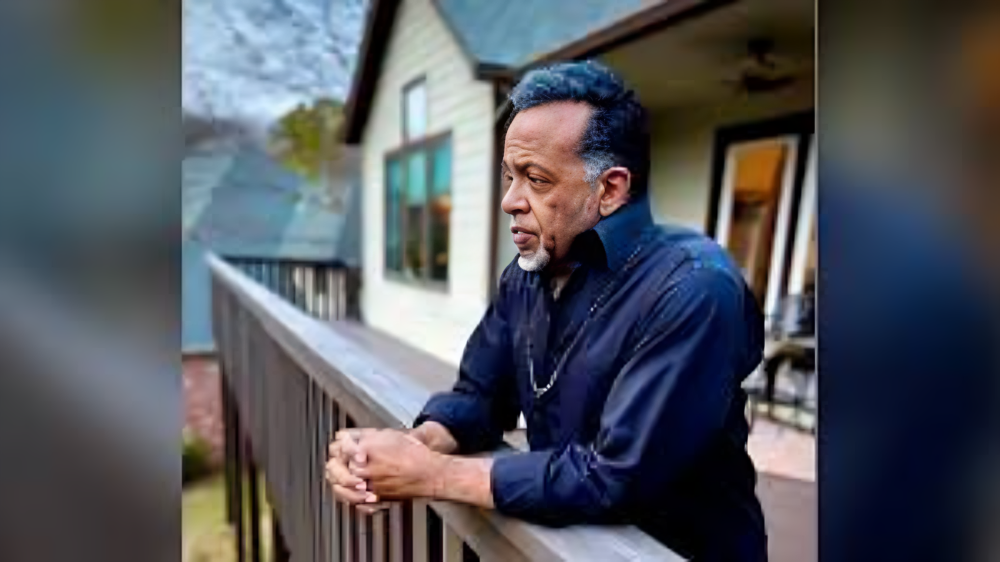Carlton Pearson is a name that resonates deeply within the realms of modern Christianity, gospel music, and theological discourse. Known for his charismatic preaching, powerful vocal talent, and controversial theological shift, Pearson’s life story is one of triumph, turmoil, and transformation. This article delves into the life, career, and legacy of Carlton Pearson, exploring his contributions to the gospel music industry, his theological evolution, and the impact of his journey on the broader Christian community.
Who is Carlton Pearson?
Early Life and Background
Carlton Pearson was born on March 19, 1953, in San Diego, California. Pearson’s devout Christian household exposed him to church teachings from an early age. His father was a Pentecostal preacher, and his mother was a gospel singer, which deeply influenced his spiritual and musical upbringing. Pearson’s early exposure to the church laid the foundation for his future as a preacher and gospel artist.
Rise to Prominence
In the 1970s and 1980s, Carlton Pearson rose to prominence as a protege of Oral Roberts, the famed televangelist and founder of Oral Roberts University (ORU). Pearson attended ORU, where he honed his theological knowledge and preaching skills. His dynamic preaching style and magnetic personality quickly earned him a reputation as one of the most influential young preachers of his time.
Carlton Pearson and Gospel Music
A Musical Legacy
Carlton Pearson was not only a preacher but also a gifted gospel musician. He released several albums that became staples in the gospel music industry. His music delivered powerful messages of faith, hope, and love, blending traditional gospel with contemporary styles. Albums like Live at Azusa 2 and The Best of Carlton Pearson showcased his vocal prowess and ability to connect with audiences on a spiritual level.
Influence on Gospel Music
Pearson’s contributions to gospel music extended beyond his own recordings. He mentored and collaborated with numerous artists, helping to shape the sound of modern gospel music. His work bridged the gap between traditional gospel and contemporary Christian music, making him a pivotal figure in the genre’s evolution.
Theological Shift and Controversy
The Doctrine of Inclusion
In the late 1990s, Carlton Pearson’s theological beliefs underwent a radical transformation. He began to preach what he called the “Gospel of Inclusion,” a doctrine that challenged traditional Christian teachings on hell and salvation. Pearson argued that a loving God does not condemn anyone to eternal damnation and ultimately reconciles all people, regardless of their beliefs.
Backlash and Excommunication
The evangelical community met Pearson’s new theological stance with fierce opposition. Many of his former allies, including Oral Roberts, distanced themselves from him. They labeled him a heretic and excommunicated him from the Pentecostal denomination. The controversy surrounding his beliefs led to a significant decline in his congregation and financial support, marking a low point in his career.
Redemption and Legacy
A New Path
Despite the backlash, Carlton Pearson remained steadfast in his beliefs. He continued to preach and write, finding a new audience among those who were open to progressive Christian theology. Netflix dramatized his story in the movie Come Sunday, which brought his journey to a wider audience and sparked renewed interest in his life and work.
Impact on Modern Christianity
Carlton Pearson’s journey has had a lasting impact on modern Christianity. His willingness to challenge traditional doctrines and embrace a more inclusive theology has inspired many to rethink their own beliefs. While he remains a controversial figure, his courage and authenticity have earned him respect and admiration from those who value theological exploration and dialogue.
FAQs About Carlton Pearson
Q: What is Carlton Pearson known for?
Carlton Pearson is renowned as a gospel singer, preacher, and proponent of the “Gospel of Inclusion.”
Q: What is the Gospel of Inclusion?
The Gospel of Inclusion, preached by Carlton Pearson, teaches universal reconciliation with God for all.
Q: Why was Carlton Pearson excommunicated?
Pearson was excommunicated from Pentecostalism for rejecting traditional views on hell and salvation as heretical.
Q: What is the movie Come Sunday about?
Come Sunday is a Netflix film that dramatizes Carlton Pearson’s life, focusing on his theological shift and the resulting controversy.
Q: How has Carlton Pearson influenced modern Christianity?
Pearson’s journey inspires exploration of progressive theology, sparking conversations on inclusivity and salvation’s nature.
Conclusion
Carlton Pearson’s life embodies faith, courage, and resilience in overcoming controversy and challenging norms. From his early days as a rising star in the evangelical world to his later years as a champion of inclusive theology, Pearson’s journey has left an indelible mark on Christianity and gospel music. Carlton Pearson’s story shows faith as a personal, evolving journey that inspires and challenges equally.




